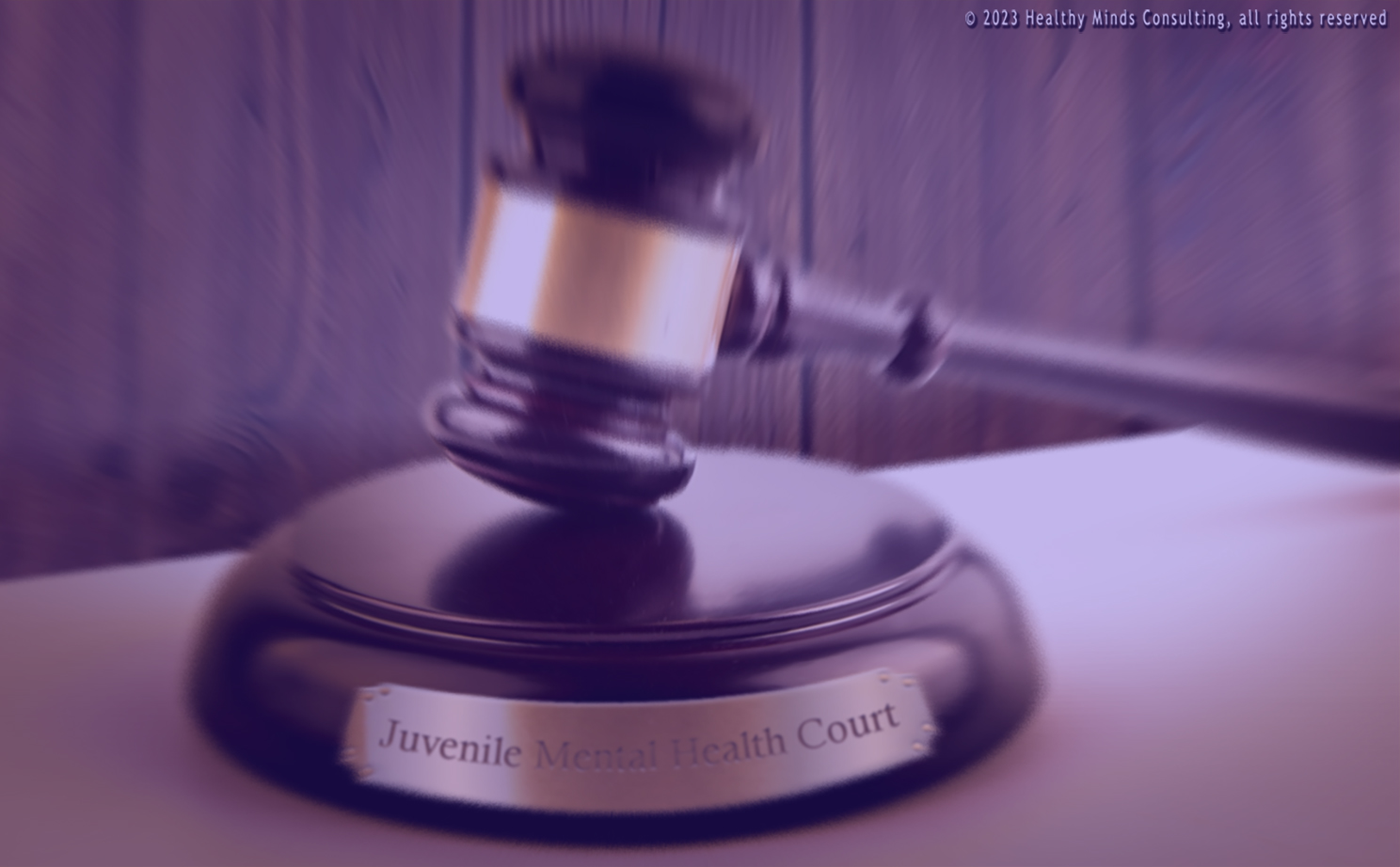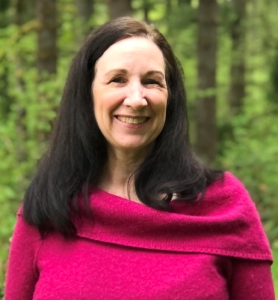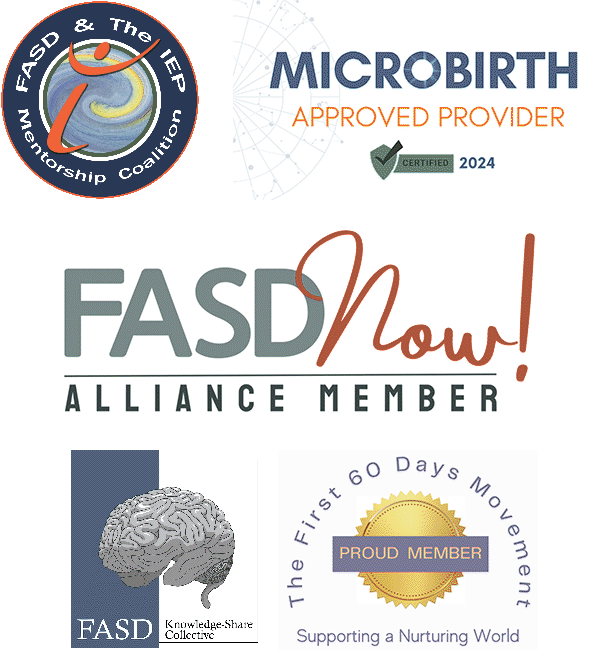Introduction to the Juvenile Mental Health Court

Unique in its design, the Juvenile Mental Health Court (JMHC) is composed of an interdisciplinary team including a judge, public defender(s) and defense attorney(s), probation officers, a psychiatric social worker, a consulting psychiatrist and psychologist, and an education specialist. This specialized court room is part of the Los Angeles County juvenile delinquency court system and serves youth with developmental delays and/or significant mental health needs. The team has specialized knowledge and expertise in mental health and works collaboratively to ensure the youth and their families have the support needed to increase positive outcomes and reduce recidivism. In other words, the JMHC helps youth get back on track so that they don’t continue to get in trouble with the law.
Healthy Minds Consulting is honored to have served the JMHC for the past 17 years. We provided educational consultation to the court team and families, and advocacy support for the youth, facilitating access to an educational program that will support their current and future goals. Most of the youth who are part of the JMHC are those who have fallen through every crack in every system, and are now in trouble with the law as well. For many, it may be the first time their developmental disability or mental health needs have ever been adequately or thoroughly assessed. Identifying these needs is the first step toward accessing appropriate and supportive services – at school, at home, and in the community.
Most of the youth who are part of the JMHC are kids who have fallen through every crack in every system, and are now in trouble with the law as well.
During our tenure with JMHC, we had the honor of connecting with over 600 youth and families and attended hundreds of IEP (Individualized Education Program) and other education-related meetings advocating for the youths’ needs. Being part of this extraordinary team allowed for a rare opportunity to collaborate with many different professionals with varying perspectives, ensuring the youth were provided with a well-thought-out set of services tailored to their individual needs. Cross-collaboration with county offices of education, local school districts, probation, regional centers, residential care facilities, mental health providers and other entities committed to serving youth allowed us to foster connections and create more comprehensive support networks. Identifying the youths’ often complicated needs and connecting them with the supports and services that can best address those needs, often gives the families a renewed sense of hope and the support the youth need to become productive citizens who contribute positively to their communities.
The Los Angeles Juvenile Mental Health Court is one of dozens that are spread across the United States. Each JMHC has a slightly different focus, but all are designed to prioritize rehabilitation and treatment via community-based services rather than detention. We are grateful to have been able to both support and learn from so many youth and families over the years. Ensuring we meet the needs of our most vulnerable youth is essential to our society’s survival and ability to truly thrive. It has been an honor to be part of a team that maintains this focus and has truly made a positive and lasting difference in the lives of hundreds of young people along the way.
This article was originally published on 4/11/13 and was edited and updated on 8/31/23.
If you would like to learn more about the Los Angeles County Juvenile Mental Health Court, this article published by the American Bar Association provides further detail.
 Kelly Rain Collin, Ed.M. is an Educational Consultant and Advocate who specializes in uniting the fields of education and mental health to foster students’ self-esteem and academic success. She is the Founder and Director of Healthy Minds Consulting and provides trainings and consultation to schools, parents, attorneys, advocates, and service providers on IEP goal creation, the unique needs of students with Fetal Alcohol Spectrum Disorders (FASD), how to create IEPs that bolster students’ self-confidence, and other related content.
Kelly Rain Collin, Ed.M. is an Educational Consultant and Advocate who specializes in uniting the fields of education and mental health to foster students’ self-esteem and academic success. She is the Founder and Director of Healthy Minds Consulting and provides trainings and consultation to schools, parents, attorneys, advocates, and service providers on IEP goal creation, the unique needs of students with Fetal Alcohol Spectrum Disorders (FASD), how to create IEPs that bolster students’ self-confidence, and other related content.



